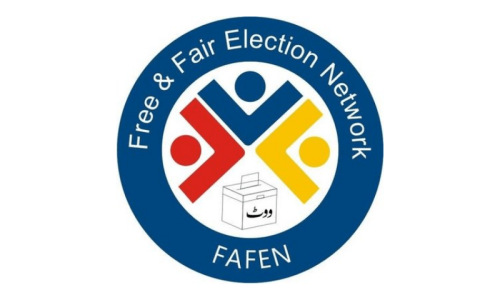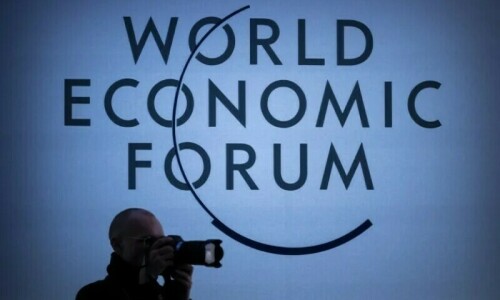MADRID, May 3: The Asian Development Bank on Saturday promised financial help for countries fighting the food price crisis, warned the prices could keep rising and attacked plans for a rice cartel.
“The cheap food era may be over,’’ ADB president Haruhiko Kuroda told a news conference in Madrid, where the bank was holding its annual meeting.
The new aid will come in the form of soft loans for the governments of countries hardest hit by the global food crisis, such as Bangladesh.
“The amount depends on the requests from the affected countries,” he said, adding that “possible total lending could be sizeable but not enormous.”
The multinational lender will also provide $2 billion in loans in 2008 and 2009 to finance agriculture infrastructure projects such as rural roads and irrigation systems to help boost farm output.
Many countries in the region are grappling with the crisis by imposing price controls or bans on food exports, but the bank says this can backfire by discouraging farmers from planting, thus reducing supplies and raising prices.
Food-specific aid is a better idea, Kuroda said.
“We believe targeted interventions to protect food entitlements of the most vulnerable and poor are more effective to mitigate the immediate impact of rising food prices,’’ he said.
“Asia has a huge population with limited land for farming and a limited water supply so agriculture yields must be increased over time,” Kuroda said.
Prices for the benchmark Thai variety of rice, a food stable across much of Asia, are at about $1,000 a ton, up threefold from the last ADB annual meeting in Japan one year ago.
The jump in food prices is fuelling inflation globally and the ADB predicted it would hit 5.1 per cent across Asia this year, its highest level since the Asian financial crisis a decade ago and is raising concerns of popular unrest.
Asian nations will see their fiscal deficits worsen because of the need to provide subsidies to offset rising food and energy costs for the poor, the ADB said in a report issued at the gathering.
The problem will be more severe in countries that already have a large deficit like Bangladesh, India, Pakistan and Sri Lanka, it said.
Rising use of biofuels, trade restrictions, increased demand from Asia to serve changing diets, poor harvests and increasing transport costs have all been blamed for the price rise.
World Bank president Robert Zoellick has estimated that high food prices affect some two billion people across the world and threaten to push 100 million poor people further into poverty.
The ADB chief said the jump in prices for staples like rice was leading people to hoard food items, causing a vicious circle that leads to even higher prices.
“There is a kind of panic buying,” he said.
Some major Asian rice exporters, such as India and Vietnam, have imposed restrictions on exports in a bid to secure domestic supplies which “affects prices elsewhere,” he added.
Kuroda criticised plans by Thailand, Myanmar, Laos, Vietnam and Cambodia to set up an Opec-style rice cartel.
“Agricultural markets should be market oriented. It would not be good for exporters and it certainly would not be good for importers,” the ADB president said.
“What is most important is that we increase agricultural productivity in the medium and long term,” he added.
Thailand’s Prime Minister Samak Sundaravej said on Wednesday the five countries had agreed in principle to form a rice price-fixing group which would be called the Organisation of Rice Exporting Countries – Orec.
On the eve of the meeting, donors pledged $11.3 billion to the bank’s Asian Development Fund, its key poverty alleviation mechanism, for 2009-12, a 60 per cent increase over the last four-year period.—Agencies












































Dear visitor, the comments section is undergoing an overhaul and will return soon.